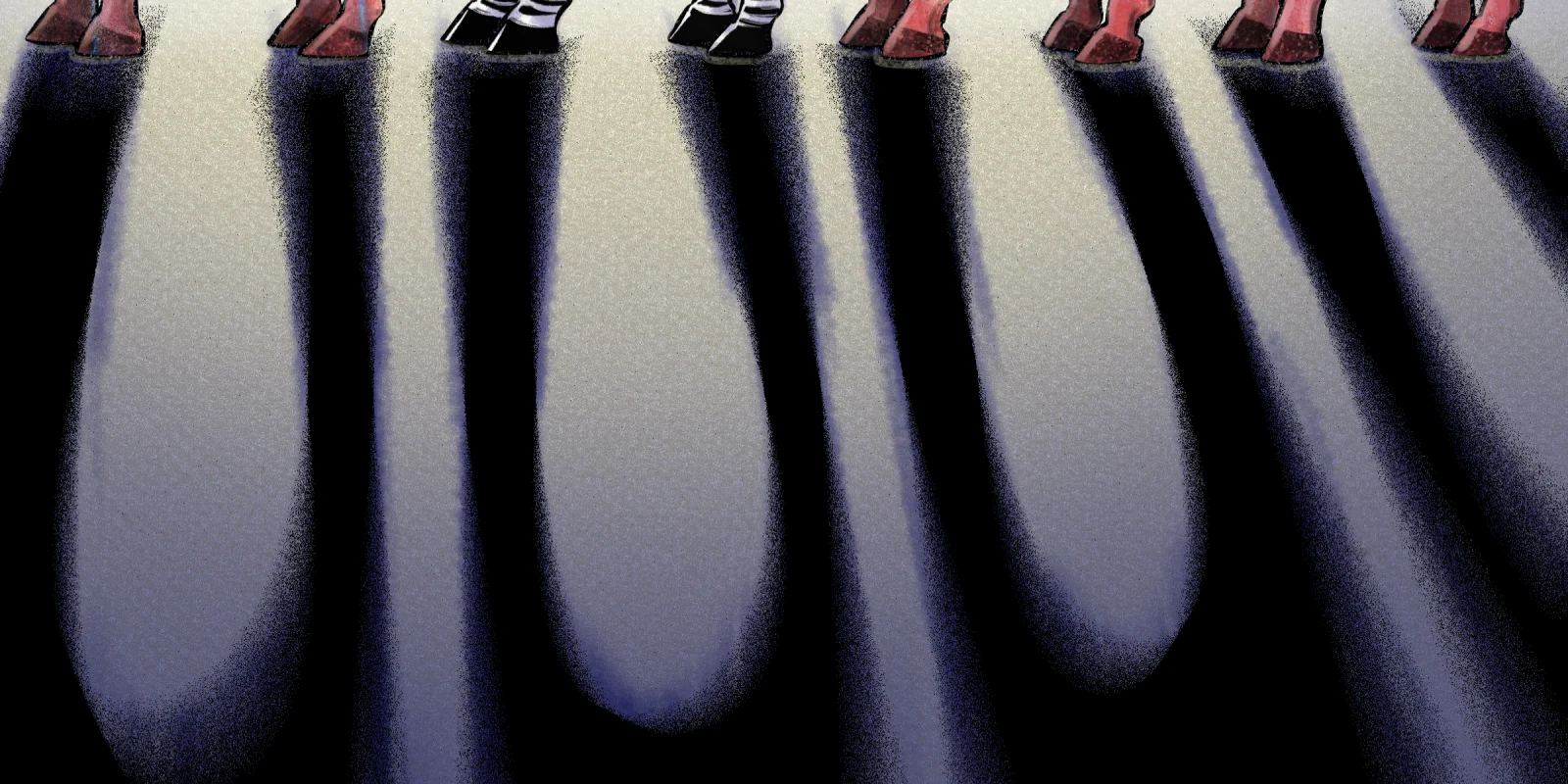
Confirmation bias: the tendency to search for, interpret, favor, and recall information in a way that confirms one’s preexisting beliefs or hypotheses (diagnosis)
It was summer in the 1970s. I had just completed a three-year residency in Family Medicine and had been working in a clinic for six weeks. It was a time of turmoil. I had separated from my wife late in medical school. I had moved from California to Colorado, leaving behind my two children, aged seven and five. Our divorce had been finalized six months after starting my residency program. I had started a new job, in a new location. I had been hospitalized near the end of my first year of residency. Now I had a new wife, a new job and another move to a new city.
The patient was brought to the office by her mother. The patient complained of fatigue, tiredness, and sore throat. She had only been feeling ill for several days. The patient was a teenage high school student and past medical history was unremarkable. The patient and her mother did report that their dog had been slightly ill for a few days, but had not been seen by their veterinarian. The family resided in an open space environment near Colorado Springs, and the patient would frequently walk outside with the family dog.
Physical examination revealed only the presence of some anterior and posterior cervical adenopathy. The patient was alert, smiling, happy and no evidence of distress. I made a presumptive diagnosis of infectious mononucleosis, a common illness in a patient this age. A mono-spot test was performed in the office and was negative. I explained that frequently in the case of early mononucleosis, it might take a few days before sufficient antibodies were formed to result in a positive test.
The patient and her mother were discharged with instructions to return in a few days for a repeat test.
Several days later the patient and mother again presented to the office. At this time, the mother described her daughter as having an episode of weakness, with a dusky appearance to the skin. My immediate concern was of a more severe problem than infectious mononucleosis and I suggested, and the family agreed that admission to the hospital was warranted. We agreed that after urgent admission, in addition to further testing, the mother’s Internal Medicine physician would be consulted.
The patient was sent to the hospital. My concerns were of some type of septic episode. Upon admission, in addition to some routine lab work, I ordered blood cultures be performed. I also ordered a medicine consult, and IV fluids for mild dehydration.
The patient was seen initially late morning, sent to the hospital. My intention was to go see the patient in the hospital at noon. I would complete the history and physical and order additional measures, including IV Penicillin and Gentamycin to cover the possibility of gram-negative sepsis.
Upon entering the hospital, I passed through the laboratory. I was greeted by the Pathologist who said to me “Rich, your patient has mono.” I do not remember any other discussion regarding her symptoms or her presentation with the Pathologist. No other lab abnormalities were mentioned.
Upon entering the hospital room, I was greeted by a smiling happy patient and her mother. After receiving IV fluids she reported, “I feel so much better already.” We discussed the results of the mono test, her significant improvement in appearance and concluded that now that we had a diagnosis, the Internal Medicine consult was no longer required.
Later that evening, the patient developed what appeared to be gram-negative sepsis and expired.
Several days later, her blood cultures revealed bubonic plague. This not an uncommon disease in Colorado and other southwestern states. Our local health department had noted the presence of contaminated rodents in the area. A small article in the local paper had reported this event. No notification to our office had occurred.
I had knowledge regarding the occurrence of bubonic plague. Obviously I did not think of this possibility, and could not make the correct diagnosis. In retrospect, I could have made more of the information that the dog and the patient both became ill at the same time. Should I have been more attentive and made further inquiries at the time?
I have been retired for 16 years, and it is hard for me to write this article. Perhaps someone will read it and be a better physician because of what I write here.
Sometimes we do encounter zebras in the practice of medicine. You will never make the correct diagnosis if it is not in your differential.





